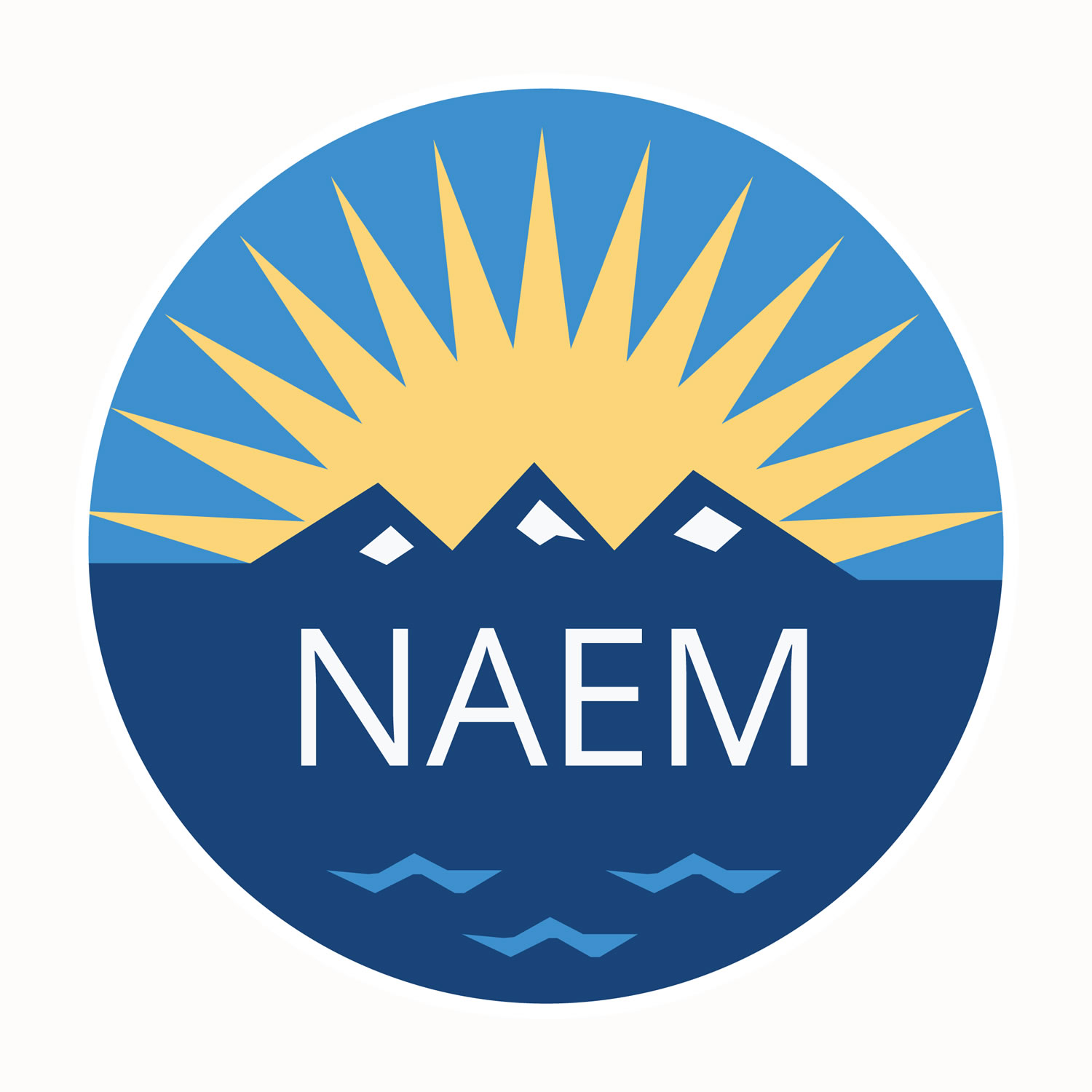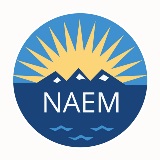Profile of an Environmental Leader: Kris Morico, General Electric Co.

Q: How did you become interested in an environmental career?
KM: I was pre-med major and a chemistry minor so I had to take a lot of math and technical subjects. At the time they didn’t even have environmental courses, but I took ecology, and I loved it. It was a fascinating course and that was really my catalyst for getting into this field.
Q: What was your first job out of college?
KM: I started off in the municipal sector, so I worked in public water use utility. That was my first job and I was also going to get my masters in civil engineering at the time in the evenings at the University of Connecticut.
Q: What was the work environment like? Were there other women in the field?
KM: I was one of two women in my master’s degree program. At the water authority most of the women worked in the lab; you didn’t have a lot of folks in the operations or engineering side. Fortunately for me, I had a wonderful experience. The operators at the plant, the engineers in the group I worked for, they literally took me under their wings and taught me everything. They knew I had a big interest in it and I wasn’t afraid to get my hands dirty. I wasn’t afraid to take a pump apart and put it back together. I wasn’t afraid to help them change filter media out. That is how I learned. Later on that is how I used that knowledge to work in giant facilities like the ones GE operates.
Q: You actively participated in NAEM’s first Women’s Leadership Roundtable in 2013. Why do think forums like this are so valuable?
KM: When I look back in my career and I look at my male and female sponsors, I have been really lucky to have great bosses in my career. For others it might be a bit more difficult, so I think it's important to have a network of women, who are my peers at different organizations. I think it's even more important for young women coming up in the ranks. Thankfully, there are more women pursuing degrees in science and engineering, and it's nice to be able to be a support to them. For those who might be in tough spots, it is good for them to have that perspective and open communication with mentors.
Q: What are some of the most important leadership attributes in your experience?
KM: The first of which I think is especially important in a compliance function is approachability. Oftentimes you're getting bad news so you need to be very approachable. The worst thing that you could have is a blind spot because people are afraid to tell you things. The second one is your technical capability that you build up overtime. I always tell people to not be afraid to roll up your sleeves and learn new things. The third, I think, is results. You strive to get the results and knowing that, you might make mistakes along the way and that's okay, you learn from those and use those lessons to get more results. And the last but not least is sense of humor. You have to have a sense of humor as a leader. We have a very serious function, it's a compliance function, but to really have a good sense of humor about things that make your team again feel comfortable, which is always a very good ice breaker.
Topics:
Leadership & Careers
Related
About the Author

NAEM Staff
The National Association for Environmental, Health and Safety, and Sustainability (EHS&S) Management (NAEM) empowers corporate leaders to advance environmental stewardship, create safe and healthy workplaces and promote global sustainability. As the
leading business community for EHS&S decision-makers, we provide engaging forums, a curated network, peer benchmarking, research insights and tools for solving today’s corporate EHS&S management challenges. Visit us online at naem.org.

